A new, consensual world order
The era of globalisation is drawing to a close and a new one is emerging—an era of bilateralism over globalisation, of domestic over foreign focus, and reality-based policy-making
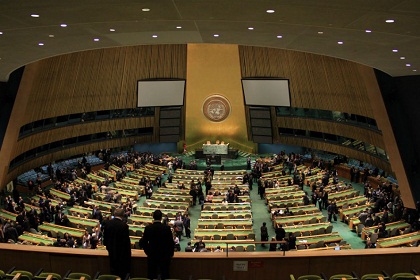 Courtesy: IB Times
Courtesy: IB Times
The era of globalisation is drawing to a close and a new one is emerging—an era of bilateralism over globalisation, of domestic over foreign focus, and reality-based policy-making
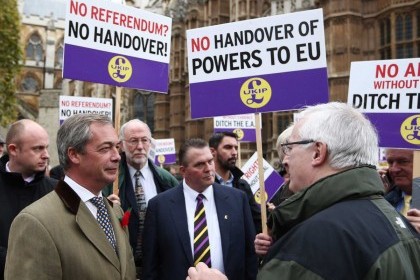 Courtesy: Business Insider
Courtesy: Business Insider
The message from Brexit is simple: the post-second world war financial, trade and industrial order and security arrangements that developed around Bretton Woods, have passed their expiry date. This is the time for countries, regional unions and global institutions to reform themselves – putting people instead of regulations and strategic objectives at the centre of their decision-making.
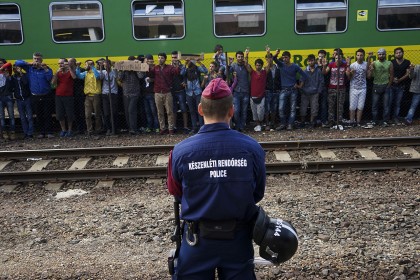 Courtesy: Wikipedia
Courtesy: Wikipedia
While the closing of borders to refugees in Europe and West Asia could be interpreted as proof that national borders are more important now than ever, the sheer numbers of refugees make strengthening borders a severely inadequate solution.
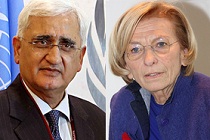 Courtesy: MEA, UK in Italy/Flickr
Courtesy: MEA, UK in Italy/Flickr
The National Investigation Agency’s decision to charge the two Italian marines – who are accused of killing two Indian fishermen – has led to an uproar in Italy. The case, complicated by legal, diplomatic, political and security issues, has implications for India-Italy and India-EU ties
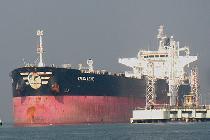 Courtesy: Sugeesh/WikimediaCommons
Courtesy: Sugeesh/WikimediaCommons
Bilateral relations between India and Italy grew increasingly tense following Italy’s refusal to return two of their Marines – who are accused of killing two Indian fishermen. Given how both countries otherwise enjoy warm relations, how should New Delhi address this diplomatic debacle?
As India’s growth slows, it becomes increasingly important to enact reforms so it can return to its intended growth rate of 9%. Gateway House’s Hari Seshasayee interviews Anoop Singh, Director of Asia and Pacific at the IMF, to discuss the impact of the Euro zone crisis on India and the way forward for Asia.
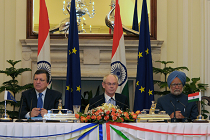 Courtesy: PIB
Courtesy: PIB
As India and the European Union negotiate on a Free Trade Agreement (FTA) in New Delhi, we analyse the relevance and impact an FTA would have on both parties. Can creative methods be implemented to break the current deadlock in negotiations?
 Courtesy: nazeah/Wikimediacommons - Ramesh Lalwani/Flickr
Courtesy: nazeah/Wikimediacommons - Ramesh Lalwani/Flickr
The year 2011 saw various events - the Arab Spring, anti- corruption protests, Europe's sovereign debt crisis - transform countries and reshape the world order. Gateway House takes a look at what these events mean for India, and presents India's top foreign policy cheers and jeers for the year.
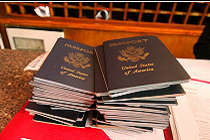 Courtesy: FourthFloor/Flickr
Courtesy: FourthFloor/Flickr
Despite their economic downturns, domestic tensions keep developed countries from embracing the revitalizing potential of foreign workers. Ambassador Neelam Deo argues that India should continue to leverage its history of diversity and capitalize on a world more open to the free flow of goods and services.
 Courtesy: UNPhoto/MarcoDormino
Courtesy: UNPhoto/MarcoDormino
A new United Nations doctrine is revolutionising the manner in which Western powers achieve regime change. Under the pretext of “Responsibility to Protect” –as the doctrine is named –armed intervention does not depend on the aspirations of a populace but the facilitation of existing power equations